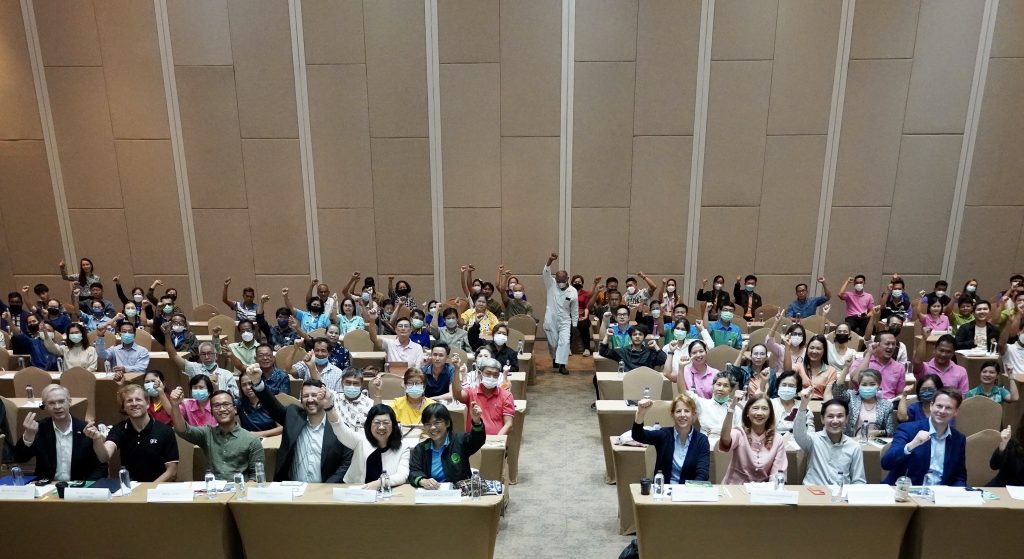
After three years of implementation, the Regenerative Coconut Agriculture Project (ReCAP) project comes to an end. It will be remembered as the fruit a successful public-private partnership. The project has demonstrated the benefits of nature-based farming solutions to enhance yields, farmers’ incomes, and climate resilience of Thailand’s coconut-grown communities
Back in June 2020, Harmless Harvest, the Danone Ecosystem association, and the Deutsche Gesellschaft für Internationale Zusammenarbeit (GIZ) GmbH have joined forces to launch the ReCAP project. The project also received extensive support from Thailand’s Department of Agriculture (DOA) and Department of Agricultural Extension (DOAE). It aims at supporting the transition from conventional coconut farming towards a regenerative and organic one.
Transitioning to a regenerative and organic farming model allows farmers to counter the impact of climate change and has proven to strengthen the livelihoods of coconut farmers and local coconut farming communities.
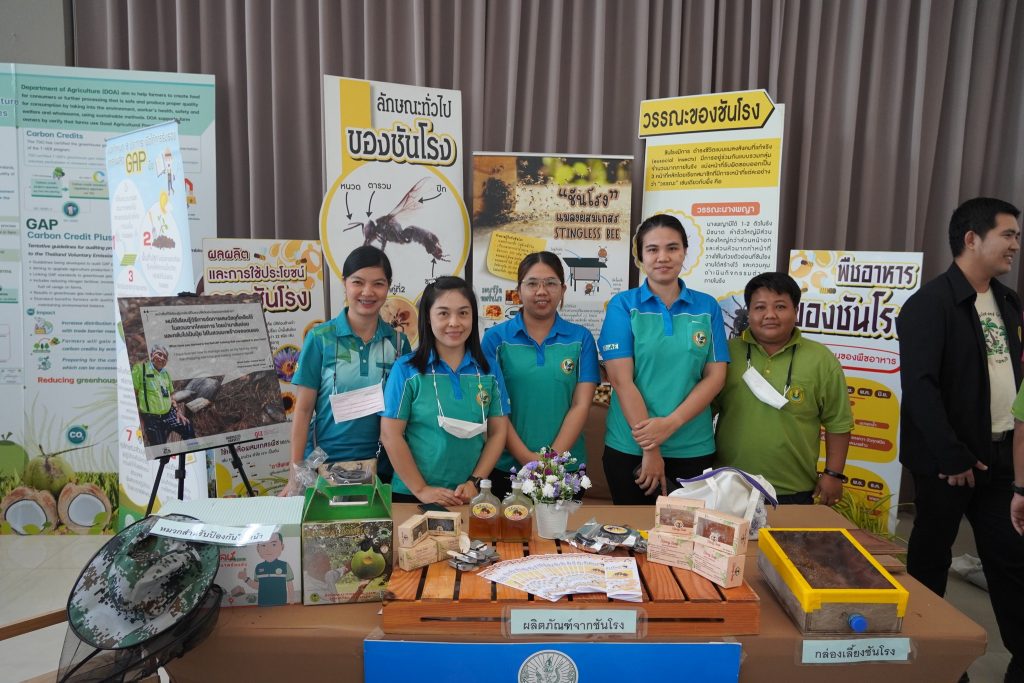
Through 14 trainings and practical sessions, Nam Hom coconut farmers and trainers from four provinces (Nakhon Pathom, Ratchaburi, Samut Sakhon and Samut Songkhram) were trained on regenerative organic farming practices and equipped with skills and techniques to enhance the sustainability of their coconut farms while remaining profitable through an adoption of intercropping, cover crops, pollinators, organic pest control and organic fertiliser. 384 farmers completed at least 21 hours of the training, with 27 ‘Master Trainers‘ certified.
The most popular activities implemented by the farmers included:
- the rearing of bees increased by 25%
- the application of organic compost increased by 17%
- the adoption of cover crops increased by 15%,
- the organic matter content (Measured to assess soil health) improved by 1.15% among the project’s pilot farmers within 28 months.
To mark the end of the project, a closing ceremony has been organized. More than 200 people joined including coconut smallholders and representatives from DOA, DOAE and the German Embassy.
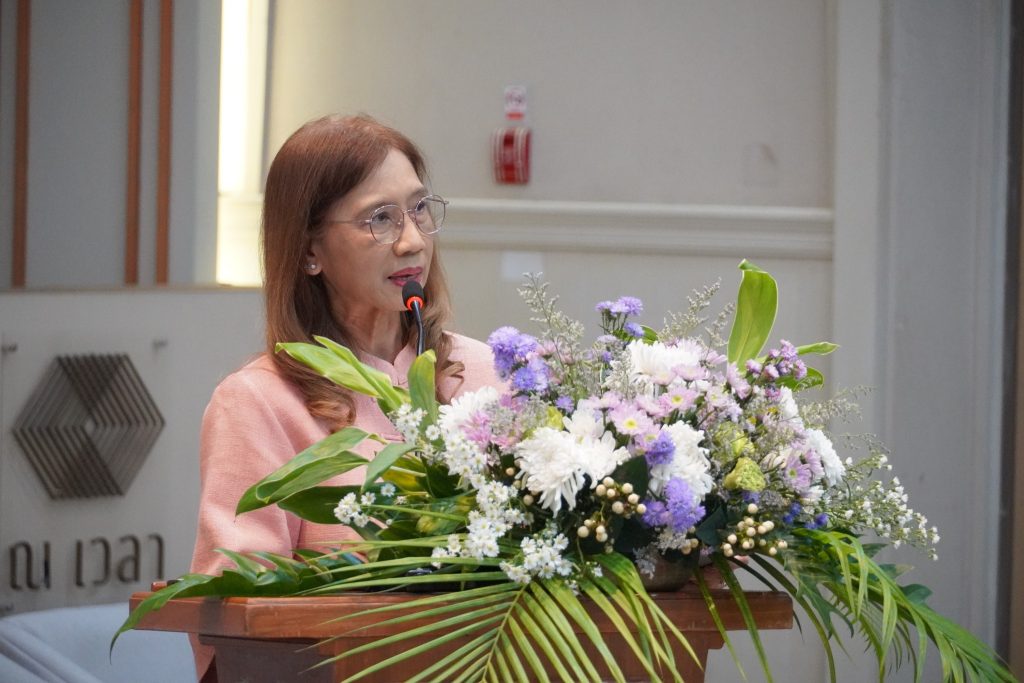
Ms. Pouchamarn Wongsanga, GIZ Thailand Project Director of Agriculture and Food Cluster, shared: “Three years on, a total of 449 farmers are recruited by the project, covering up to 5,781 rais of farmland across four coconut growing provinces. In addition, a total of eight demonstration plots were established in the implemented provinces, so other coconut farmers, local authorities, related agencies and the general public can learn about and visit best practices of the ReCAP project.”
The project also sought ways of transforming coconut waste into an economically and environmentally sustainable products. To do so, three compost formulars based on coconut farm waste, including husks and fronds, have been developed. Now, 20% of the project members can produce organic fertilizer. Some farmers use it to fertilize their own orchards and four pilot farmers have been set up to produce compost for selling.
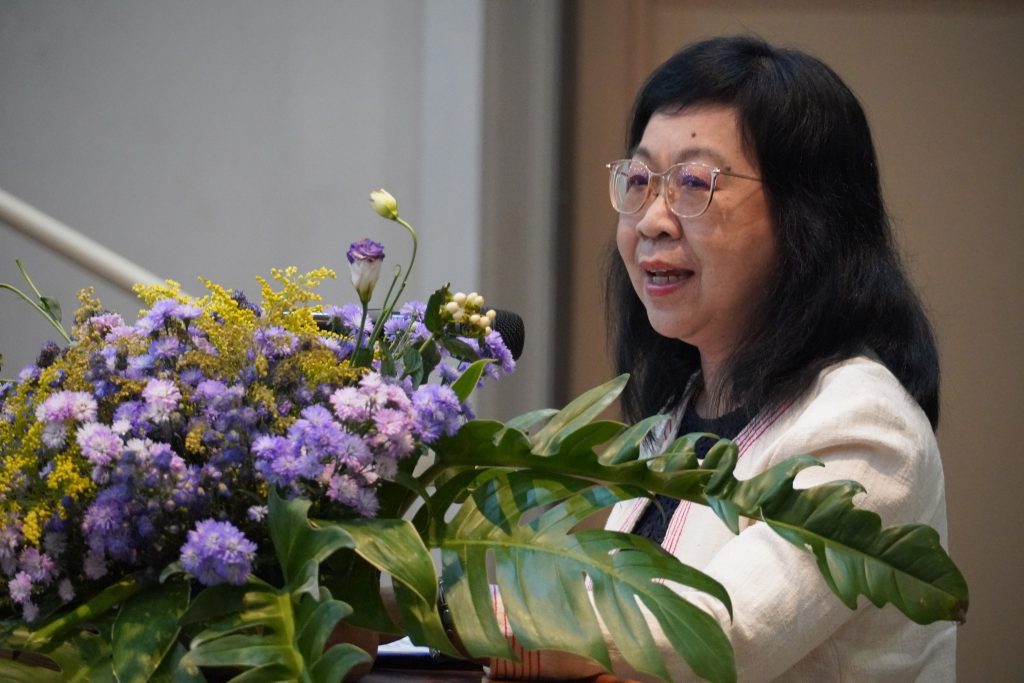
“Certification of agricultural products could be an approach that encourages coconut growers to bring positive impact to the environment and their farming communities. The ReCAP project enabled coconut farmers to adapt themselves, to be more resilient and prepared for climate challenges amid increasing market and consumer demand on the aromatic coconut water derived from green supply chains” said Jirapar Jomthaisong, Advisor to the Department of Agricultural Extension.
“ReCAP curriculum, compost-making equipment and other assets that will be handed over to DOAE after the project’s completion, through local DOAE offices in Nakhon Pathom, Ratchaburi, Samut Sakhon and Samut Songkhram, which will be valuable for officials and ReCAP project members to continue practicing regenerative coconut agriculture and passing on knowledge to other coconut growers in their communities” she said.
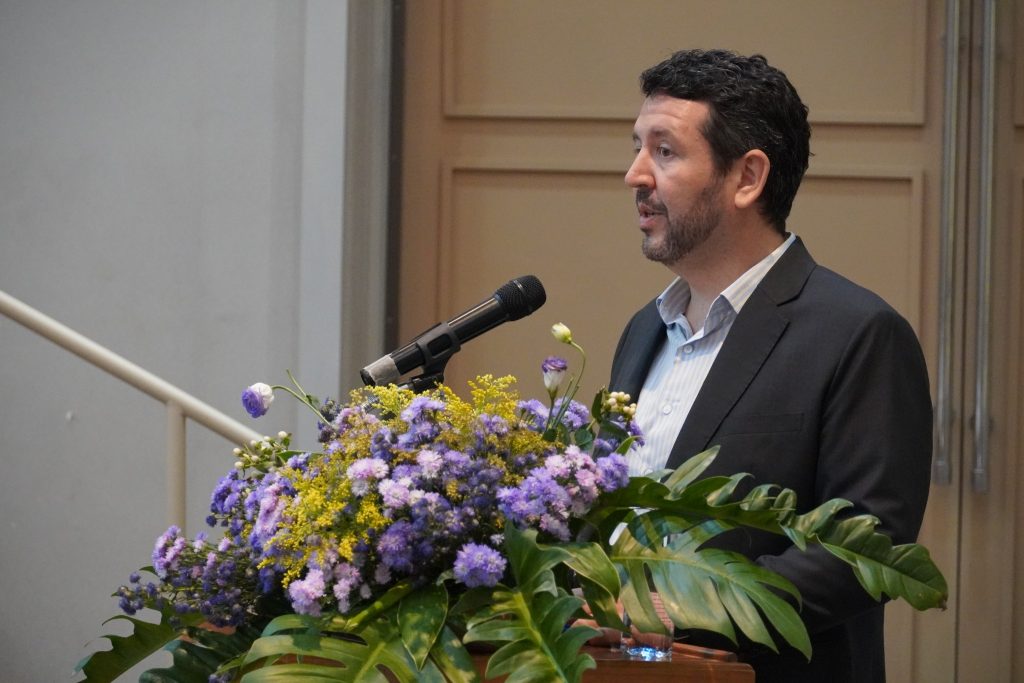
Mathieu Chaumont, Director of Business Development and Sourcing, Harmless Harvest, emphasized the importance of continuous implementation of regenerative organic coconut agriculture beyond the project: “There are so much more we can accomplish, and we will push forward more intercrops and agri-business skills essential for coconut farmers to improve yields while providing a positive impact to communities’ livelihoods and environment.” The company actively promotes regenerative organic agriculture among coconut farmers and ReCAP is one of its strategies.
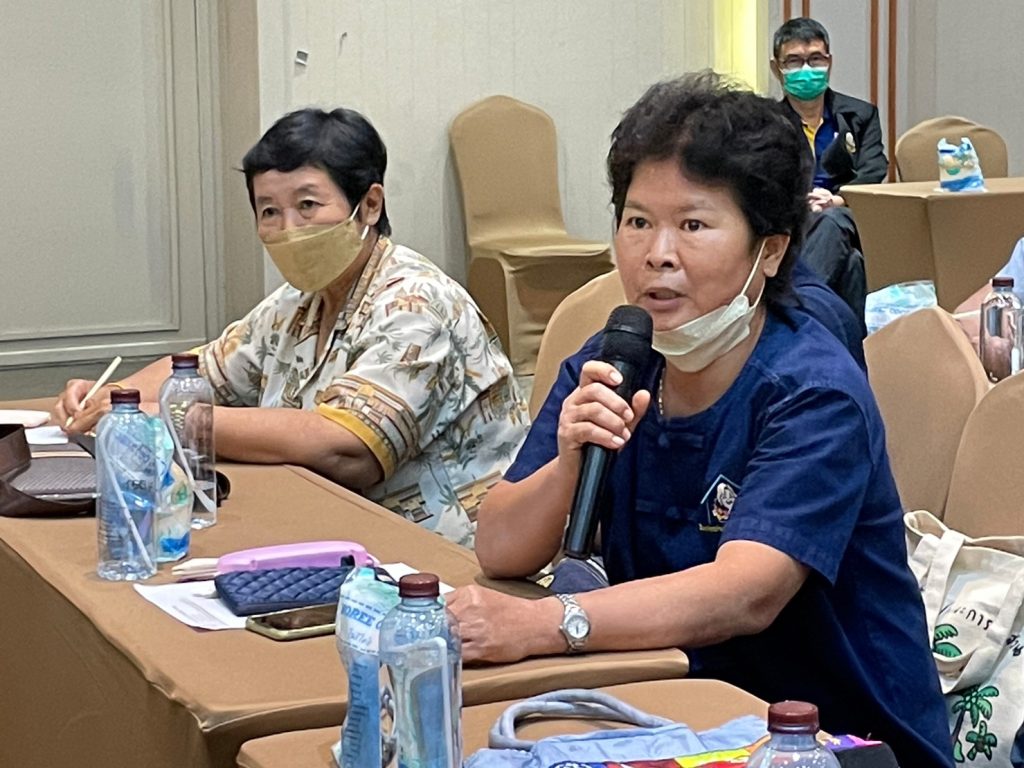
Tassanee Samran, ReCAP project member from Ratchaburi, said she focused on intercropping learned after joining the project. Her farmland does not only have aromatic coconuts, but also other vegetables and herbs such as noni trees, parsley and basil, which she could sell all year round. She is also on the process of preparing her farmland for meeting qualifications of the Geographic Indicator (GI) certification, to add value to her aromatic coconut products within two years.
“Organic soil and compost ensure health, well-being and sustainability of both producers, communities and consumers. We just have to be patient and wait for thriving outcomes” she said. ■

























